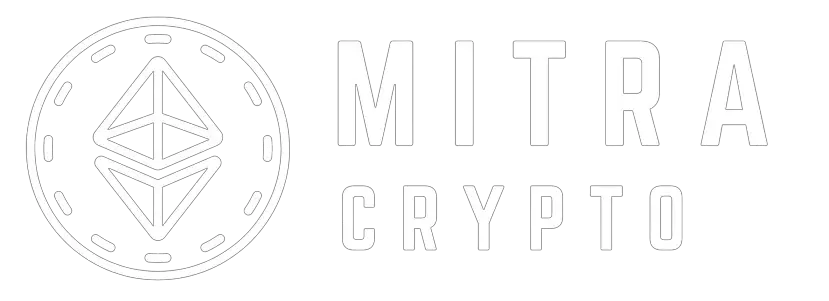Trump-Backed Crypto Deal Sparks Debate: Is Pakistan Ready for This Alliance?
Pakistan has climbed to ninth place in global crypto adoption, which comes as a surprise to many in the blockchain world. The country’s digital currency world is bigger than most people think, with 25 million active crypto users and $300 billion in yearly crypto transactions. Major players have noticed this development, including a Trump-backed crypto platform.

Trump-Backed Crypto Deal: What Happened and Why It Matters
The Trump-Pakistan crypto alliance could reshape South Asian geopolitics. Cryptocurrency has evolved into a powerful tool for cross-border finance and diplomacy. Critics say Trump’s dual role raises serious conflict of interest concerns. Representative Maxine Waters warns of Trump using the presidency for personal gain. Online crypto drug sales rose to $2.4 billion in 2024, triggering security alarms. TRM Labs found 97% of Chinese fentanyl sellers accept cryptocurrency. Trump’s nomination of Paul Atkins to lead the SEC concerns congressional Democrats. Pakistan’s welcoming crypto stance contrasts sharply with India’s 30% crypto tax. Meanwhile, China is advancing its digital yuan to bypass U.S. financial systems. Cryptocurrencies now play a key role in digital diplomacy and global power shifts.
Pakistan’s Crypto Ambitions and Regional Competition
Pakistan is emerging as a major crypto player, aiming to become the “crypto capital of South Asia.” With 25 million users and $300 billion in annual transactions, the country now ranks 9th globally. Pakistan’s dual strategy builds local infrastructure while exploiting India’s strict 30% crypto tax to attract investors. The Trump-backed World Liberty Financial deal supports Pakistan’s regional ambitions, offering global expertise and political clout. Crypto adoption brings benefits like improved financial access, lower remittance costs, and more tech investment. However, challenges remain, including unclear regulations, weak infrastructure, and security risks. Pakistan currently lacks proper legal frameworks for digital assets. Still, the momentum signals a broader strategy to gain leadership in South Asia’s digital economy.
Conclusion
The Trump-backed crypto deal marks a turning point for blockchain in South Asia.
Pakistan ranks 9th globally in crypto use, signaling a shift in regional finance.
The WLF-Pakistan Crypto Council partnership has geopolitical and ethical layers.
Pakistan wants to be South Asia’s crypto capital but faces regulatory and security gaps.
The Trump family’s deep involvement raises conflict of interest concerns.
Blurring lines between public policy and private gain need scrutiny.
Pakistan critiques India’s 30% crypto tax to attract regional activity.
Solid user data—25M users and $300B in volume—shows real traction.
But true success depends on strong governance and infrastructure.
The alliance offers both opportunity and risk in Pakistan’s blockchain ambitions.












